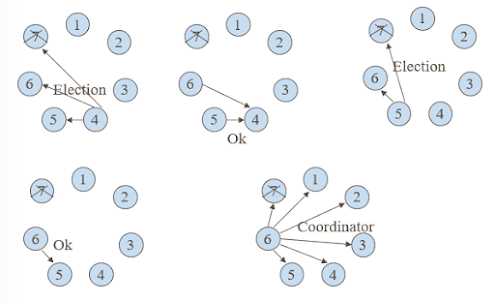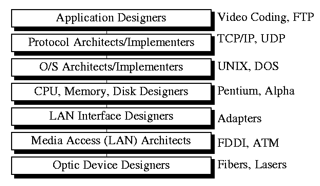Data-Centric Network (Unit 2) Components of Enterprise Campus Network Private WAN Remote Access Internet server farm Extranet server farm Intranet server farm Data Center Layers Aggregation - Multilayer, switches, firewall & load balancers. Access - Layer 2 connectivity between server farm and server functions. Front End Segment - Protocols (SMTP), Telnet, web servers, etc. Application Segment - Layer 2 connectivity for security policies and firewalls. Backend Segment - Deals with segment storage and connections to database and server. Storage Layer - Server storage and consolidation and communication between them. Transport Layer - Bandwidth, transport protocols like SONET, cabling, and network, etc. Architecture Models Client Server Model N-Tier model Multitier Architecture Data Center Services IP Infrastructure Manual or static routing - Manually configuring the entire routing table. BGP - Inter-domain protocols are run for routing. IGPs OSPF - Intra-domain routing protoco...























Comments
Post a Comment